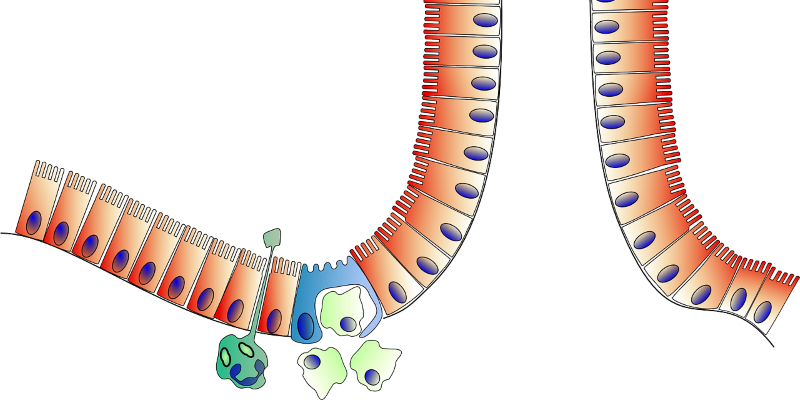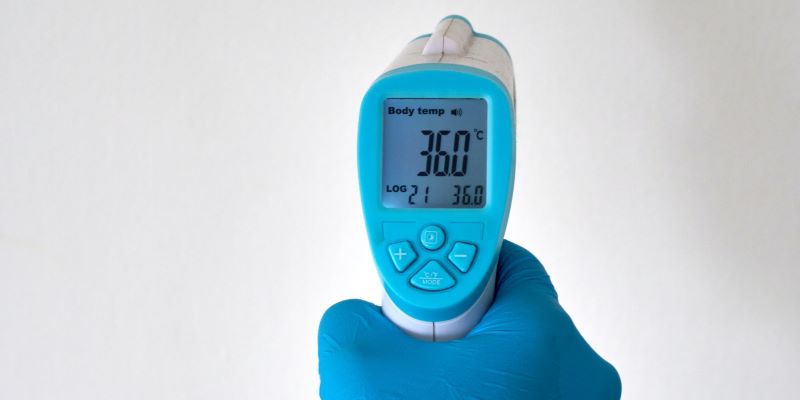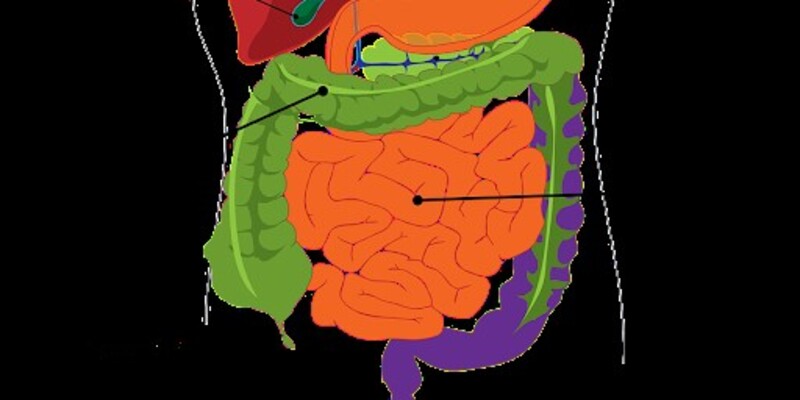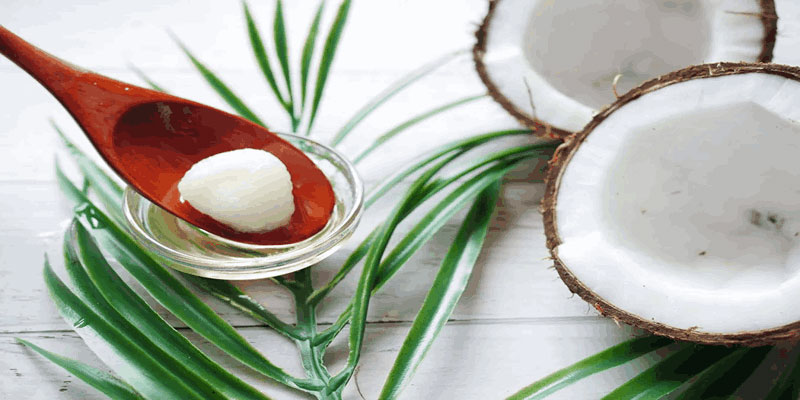The human hookworm, scientifically known as Necator americanus, is a parasitic worm that resides in the small intestine, where it feeds on the host's blood. Alarmingly, around 700 million individuals globally suffer from hookworm infections.
In areas with inadequate sanitation, the feces of infected individuals release hookworms, which then thrive in the soil, nourishing themselves on environmental microbes. People get infected either by direct contact, usually when walking barefoot, or by consuming the worm's larvae. Intriguingly, there is continuing study on using hookworms as a probiotic treatment to reduce gut inflammation and hasten wound healing in areas where hookworm infections are less common.
Addressing Ulcerative Colitis: Common Practices
Ulcerative colitis is categorized under inflammatory bowel diseases and primarily targets the large intestine or colon. This condition results in the formation of painful ulcers and open sores within the intestines, frequently leading to intense abdominal discomfort and diarrhea.
Although there's no definitive cure for ulcerative colitis at present, several strategies are adopted to manage ulcerative colitis symptoms. This includes medication, dietary adjustments, participation in clinical trials, and in severe situations, surgical interventions. The main objective behind these treatments is to diminish the frequency of flare-ups, lessen inflammation, and bolster the immune response.
Conventional medicinal ulcerative colitis treatments don't always yield the desired outcomes. Consequently, approximately 30% of individuals diagnosed with ulcerative colitis eventually undergo surgery (colectomy) to remove a portion of their colon as a final solution.

The Potential of Hookworm Therapy for Intestinal Disorders
There has been a noticeable increase in the prevalence of intestinal disorders in regions where such conditions were historically uncommon. One intriguing theory for this rise is linked to improved sanitation and living conditions. As sanitation improves, infections by gastrointestinal parasites, like hookworms, become less frequent.
Historical data suggests that populations living in regions with a higher prevalence of parasites tend not to suffer from intestinal disorders. This leads to a hypothesis: improved living conditions, resulting in fewer parasites, might inadvertently be causing more cases of these disorders.
Some studies have explored the potential of hookworm therapy in treating these disorders. Some studies show benefits and effectiveness, whereas others show side effects that we’ll discuss in a later section.
Early experiments in mice have yielded promising results. The introduction of parasitic worms in the gut seemed to help counteract the bacteria that cause inflammation, a common symptom of intestinal disorders. Hookworms can develop mucus that in return grow good bacteria in the body. This resulted in a balanced and healthy gut environment.
Advantages of Hookworm Therapy:
Alternative Option: Hookworm therapy is seen as a potential alternative to typical ulcerative colitis treatment for those with ulcerative colitis, especially for individuals who find it challenging to adhere to daily medication.
Longevity: One of the most notable findings suggests that a single dose of hookworm can stay in the body for several years, possibly even longer.
Ease of Use: Termed "infect and forget", once the patient is infected with the hookworm, there's no need for further adherence to any treatment steps.
Interest in Alternatives: Some patients are keen on exploring ulcerative colitis treatments beyond conventional medicine, and hookworm therapy could cater to this demand.
Safety: The intervention has been deemed safe, as it doesn't trigger a disease flare, which was an initial concern.
Side Effects of Hookworm Therapy:
Eggs in Feces: In research, participants had detectable eggs in their feces by the end of the experiment.
Mild Eosinophilia: Can develop mild eosinophilia, a condition where the body produces an increased amount of a specific type of white blood cell. This is often an indication of a parasitic infection.
Common Symptoms: You may experience nausea, abdominal pain, diarrhea, and rashes at the site of application.
Immune Response: The aforementioned symptoms are attributed to the body's immune reaction to the parasite infection.
Duration: The side effects usually resolved within ten weeks in some studies, with some even sooner. This quick resolution indicates that the side effects are typically temporary and not long-lasting.

FAQs
How does Hookworm Therapy differ from conventional ulcerative colitis treatment?
While conventional treatments often involve medications or surgeries, hookworm therapy offers a potentially longer-lasting solution with a single dose of the hookworm.
Are there any side effects associated with Hookworm Therapy?
Yes, some common side effects include nausea, abdominal pain, diarrhea, and rashes at the site of application. However, these symptoms are typically temporary and resolve within a few weeks.
Is Hookworm Therapy safe?
Current findings indicate that the therapy is safe, as it doesn't trigger disease flare-ups and the side effects, though common in the early stages, usually subside within ten weeks.




